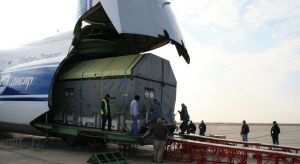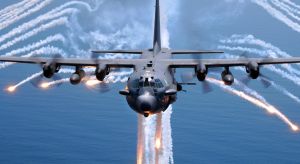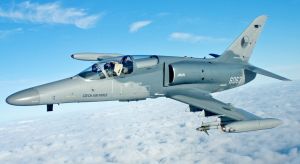In a move widely perceived as a display of strength amidst escalating tensions over Western support for Ukraine, a formidable fleet of Russian warships has sailed into the bay of Havana, Cuba. This maritime manoeuvre has reignited discussions about Russia’s global influence and ability to project power beyond its immediate sphere.
Russian Warships Reach Cuban Shores
Early on Wednesday, the Russian naval contingent, comprising four vessels, made an imposing entrance into Havana Bay. The flagship, the cutting-edge frigate Admiral Gorshkov, adorned with the Russian and Cuban flags, led the way, accompanied by the nuclear-powered submarine Kazan, an oil tanker, and a rescue tug.
As the ships approached the iconic Malecón, Havana’s famous seaside promenade, a sparse crowd of onlookers gathered, capturing the moment with their cameras. However, the Russian diplomatic corps and their families were out in full force, waving Russian flags and enthusiastically chanting, “Russia! Russia!”
Saluting Allegiances
Upon crossing into Cuban waters, Admiral Gorshkov was greeted with a thunderous 21-gun salute, a traditional maritime gesture of respect. This salute was reciprocated from the battlements of the historic La Cabaña fortress, once the operational base of the legendary revolutionary Che Guevara.
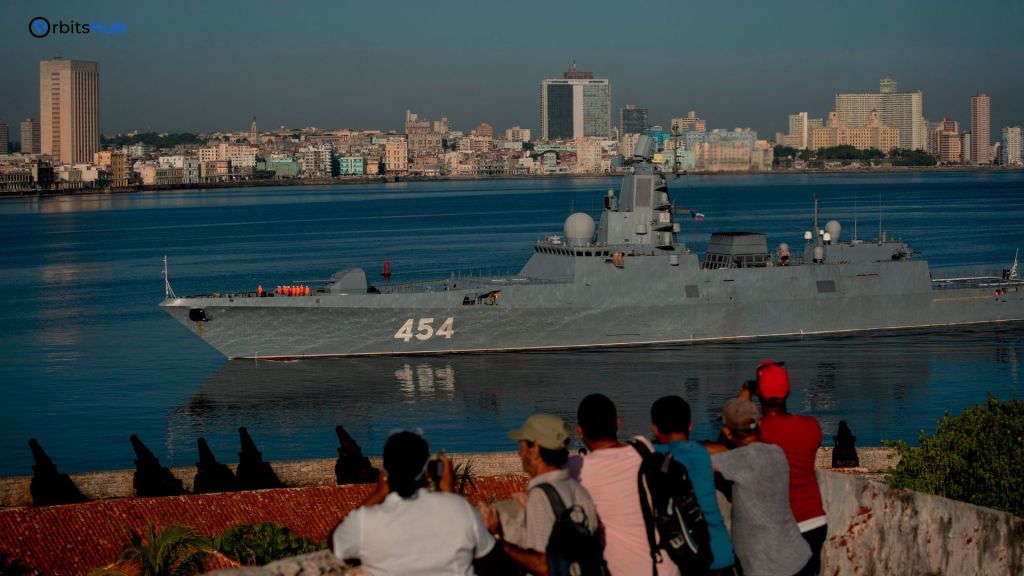
The symbolic exchange of salutes underscored the deep-rooted ties between Russia and Cuba, two nations that have long been allies on the global stage. Cuban officials have downplayed the visit, characterizing it as a standard practice among friendly nations while asserting that the Kazan carries no nuclear weapon and poses no threat to the region.
Echoes of the Past, Ripples of the Future: Russian Warships
The Russian vessels‘ approach recalled the 1962 Cuban Missile Crisis, which nearly caused nuclear war. Gustavo Rivero González, a spectator at the scene, remarked, “It’s a once-in-a-lifetime situation. I didn’t live through the 1962 crisis. We’re living in a moment when the powers push at each other.”
The timing of this naval visit is particularly significant, as it comes on the heels of President Joe Biden’s authorization for Ukraine to use U.S.-provided weapons to strike targets inside Russia. This decision prompted Russian President Vladimir Putin to suggest that his military could respond with “asymmetrical steps” elsewhere.
Flexing Naval Muscle: Russian Warships
The vessels showcased in Havana represent some of Russia’s most advanced naval capabilities. The Kazan, for instance, is believed to be the quietest submarine in the Russian fleet. At the same time, the Gorshkov is purportedly capable of carrying the latest Zircon hypersonic missiles, a formidable addition to Russia’s arsenal.
William Leogrande, a professor at American University, interpreted Putin’s visit as a strategic move to remind Biden that Moscow can challenge Washington in its backyard. “The visiting Russian warships are Putin’s way of reminding Biden that Moscow can challenge Washington in its sphere of influence,” Leogrande told the Associated Press.
Geopolitical Ripples and Regional Implications
Beyond the naval visit’s symbolic significance, experts believe Russia’s Caribbean presence may have far-reaching effects. Wilson Center Latin America Program director Benjamin Gedan believes the warships best warn Washington that an opponent intervening in your near abroad is problematic.
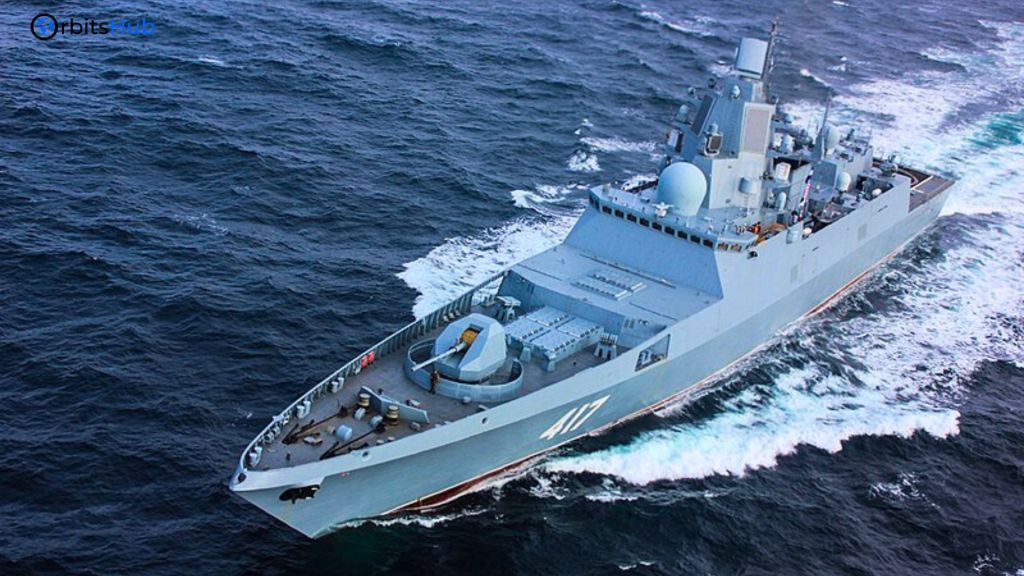
Gedan said the naval presence reassures Russia’s regional allies, especially U.S. enemies Cuba and Venezuela, that Moscow supports them.
Despite the boats’ lack of nuclear weapons, the State Department said U.S. assistance for Ukraine and NATO increased Russia’s military drills.
Potential Ramifications for Venezuela
The Russian naval expedition may impact Venezuela’s July 28 presidential election. Since the opposition coalition threatens the governing party’s long-term power, analysts fear President Nicolás Maduro’s government could incite a crisis to postpone or cancel the poll.
U.S. Army War College Latin America research professor Evan Ellis said Maduro’s fall is unthinkable. The Venezuelan military’s recent activities suggest a global crisis to ‘postpone’ the election. This may be the goal: Russian ships near Maduro may worsen his condition.
Territorial Disputes and Regional Tensions
Venezuela and Guyana’s Essequibo issue could trigger a crisis. Venezuela claims offshore oil and two-thirds of Guyana.
Guyana awaits the International Court of Justice’s ruling on Venezuela’s claim, which Maduro opposes. Guyana opposed Venezuela’s ICJ filing request.
After Venezuela vowed to attack Guyana late last year, the U.S. sent surveillance planes. Guyana allowed the U.S. military to fly F/A-18F Super Hornet jets above its capital to show collaboration.

Diplomatic Overtures and Strategic Alliances: Russian Warships
On the diplomatic front, Russian Foreign Minister Sergey Lavrov hosted his Cuban counterpart, Bruno Rodríguez, for talks in Moscow on the same day the warships arrived in Havana. Lavrov expressed gratitude to the Cuban authorities for their position on Ukraine, stating, “From the very beginning, Havana gave an assessment of what was happening outlining the correct, true reasons for what was unfolding (in Ukraine), and what was being prepared by the West for many years.”
This exchange highlights the strategic alignment between Russia and Cuba, as they present a united front against Western influence and support for Ukraine in the ongoing conflict.
A Delicate Balance of Power: Russian Warships
Russian warships in Cuban waters illustrate world geopolitics’ intricate alliances, conflicts, and power balances. This naval deployment may be a sensible move or a provocative display of force. Russian boats arriving in Havana show international relations’ precarious power balance and complexity. This maritime action will determine whether it escalates tensions or promotes diplomacy.
Want to optimize your maritime and aviation strategies? Dive into orbitshub.com and explore our comprehensive consultancy services to guide you to success!


